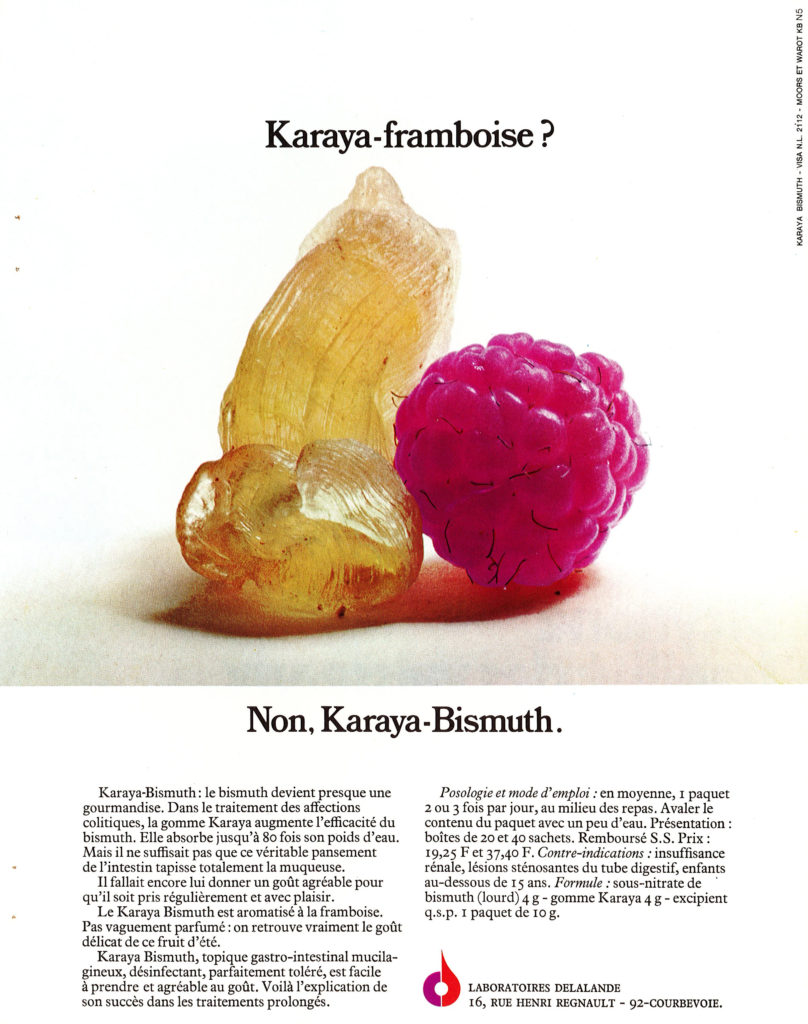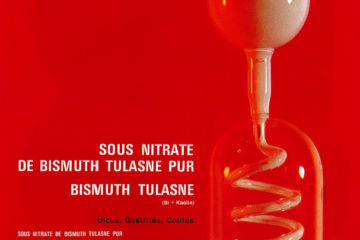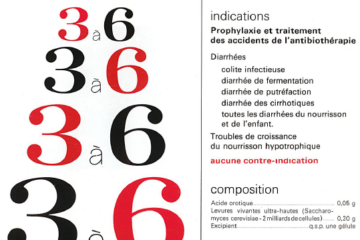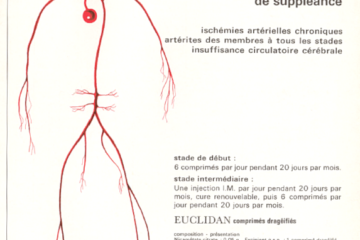Karaya Bismuth, an association of Karaya gum and bismuth(III) subnitrate, was a classical antiacid agent used for the treatment for duodenal ulcers and as an anti-diarrheic agent. Bismuth(III) subnitrate, also called bismuth(III) oxynitrate or bismuthyl nitrate, has an inhibitory effect on bacterial growth. The compound, practically insoluble in water, has a barrier effect toward pathogens and was frequently used in oral pharmaceutical suspensions. As a nonabsorbable compound, bismuth subnitrate has been used an as antibacterial agent, especially in developing countries, because it combines high effectiveness with acceptable side effects and low cost. However, there are concerns over its potential neurotoxicity. It is not frequently used in human medicine today.
Karaya gum (also called sterculia gum) is a polysaccharide-rich exudate produced by the tree Sterculia urens commonly found in India. It is largely used in the food and medicinal fields, owing to its hydrophilic, anionic, and biocompatible nature. The backbone of the gum consists of α-D-galacturonic acid and α-L-rhamnose residues, and side chains containing β-D-galactose, β-D-glucuronic acid and galacturonic acid residues. In the food industry, gum karaya is used as a stabilizer, emulsifier, and thickener. In the pharma field, gum karaya is known for its antibacterial and antioxidant activities. The product, and derivatives (cross-linked gum hydrogels) are still used very largely today, notably to control drug delivery.
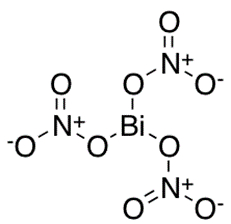
Bismuth Subnitrate
Bi₅O(OH)₉(NO₃)₄O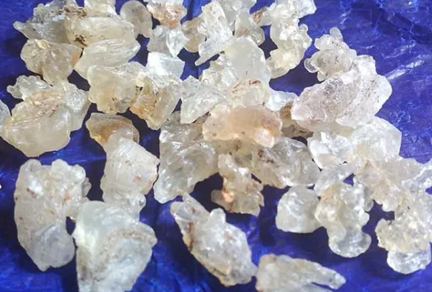
Karaya Gum 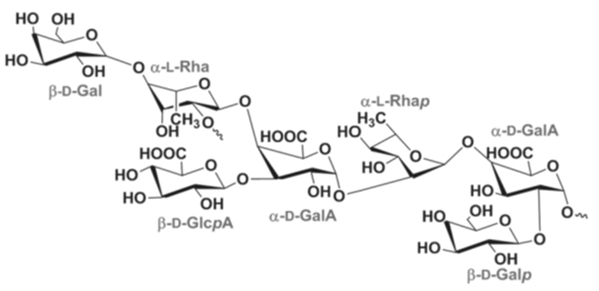
Karaya gum polysaccharide
